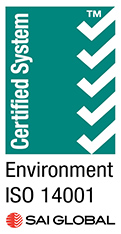Surprising Career Paths You Can Take with an Investigations Qualification
A Certificate III in Investigative Services is commonly associated with becoming a private investigator, but did you know that this qualification can open doors to a range of diverse and exciting career paths? Beyond traditional surveillance and insurance fraud investigations, trained professionals in investigative services are in demand across multiple industries.
Whether you’re interested in corporate investigations, law enforcement, cyber security, or risk management, this qualification can be your gateway to a unique and rewarding career.
1. Private Investigator
While it may be the most obvious career path, working as a private investigator is anything but ordinary. Private investigators handle cases ranging from missing persons and surveillance to corporate fraud and background checks. The ability to gather evidence, conduct interviews, and analyse information makes this career an exciting and highly sought-after profession.
2. Corporate & Workplace Investigator
Many businesses employ corporate investigators to uncover internal fraud, theft, or misconduct. These professionals work within HR, compliance, or risk departments to conduct workplace investigations related to employee disputes, theft, harassment claims, or breaches of company policy. With cyber threats on the rise, companies also need investigators to protect against data breaches and insider threats.
3. Insurance & Fraud Investigator
Insurance companies rely on investigators to detect fraudulent claims. This includes cases involving injury claims, staged accidents, property damage, and worker’s compensation fraud. Investigators in this field review evidence, conduct interviews, and perform surveillance to ensure that claims are legitimate, saving companies from financial loss.
4. Government & Regulatory Compliance Investigator
Various government agencies employ investigators to ensure compliance with laws and regulations. These roles exist in agencies such as Fair Work Australia, Centrelink, WorkSafe, and local councils. Investigators in these fields examine wage theft, illegal business practices, tax fraud, and workplace health and safety violations.
5. Risk & Security Consultant
If you have a background in security or risk management, an investigative qualification can enhance your career in corporate security, intelligence, or counter-fraud operations. Many organisations require professionals who can assess threats, analyse risks, and conduct security audits to protect their assets and staff.
6. Cyber Investigator
With the rise in cyber crime, the demand for digital and cyber investigators has increased. Businesses and law enforcement agencies need skilled professionals who can trace online fraud, investigate cyberstalking, and track digital footprints. A background in investigations, combined with cyber security training, can position you for an in-demand career in digital forensics.
7. Legal & Litigation Support
Law firms frequently require investigative professionals to assist with legal cases. Investigators help gather evidence for civil litigation, family law cases, and criminal defence. This may include witness interviews, asset searches, background checks, and surveillance to support legal proceedings.
8. Missing Persons & Criminal Investigations
Working alongside law enforcement, NGOs, or private agencies, missing persons investigators help families and authorities locate individuals who have disappeared. This field requires strong research skills, surveillance techniques, and the ability to track leads across different locations.
9. Debt Recovery & Skip Tracing
A growing number of investigative professionals specialise in skip tracing, which involves tracking down individuals who have defaulted on debts, skipped court appearances, or are avoiding legal obligations. Investigators use databases, surveillance, and research skills to locate people for debt collection agencies, legal firms, and financial institutions.
10. Journalism & Investigative Reporting
For those with a passion for uncovering the truth, an investigations qualification can be useful in investigative journalism. Reporters who specialise in crime, politics, or corporate corruption use investigative techniques to source information, verify facts, and expose hidden truths.
How to Get Started
A Certificate III in Investigative Services provides the skills and knowledge required to excel in any of these fields. Through surveillance techniques, evidence collection, interview methods, and legal compliance, this qualification prepares you for a career in problem-solving, critical thinking, and analytical research.
At Asset College, we offer nationally recognised training to help you build a career in investigations, security, and risk management. Whether you’re starting fresh or upskilling, this qualification opens doors to exciting and unconventional career opportunities.








